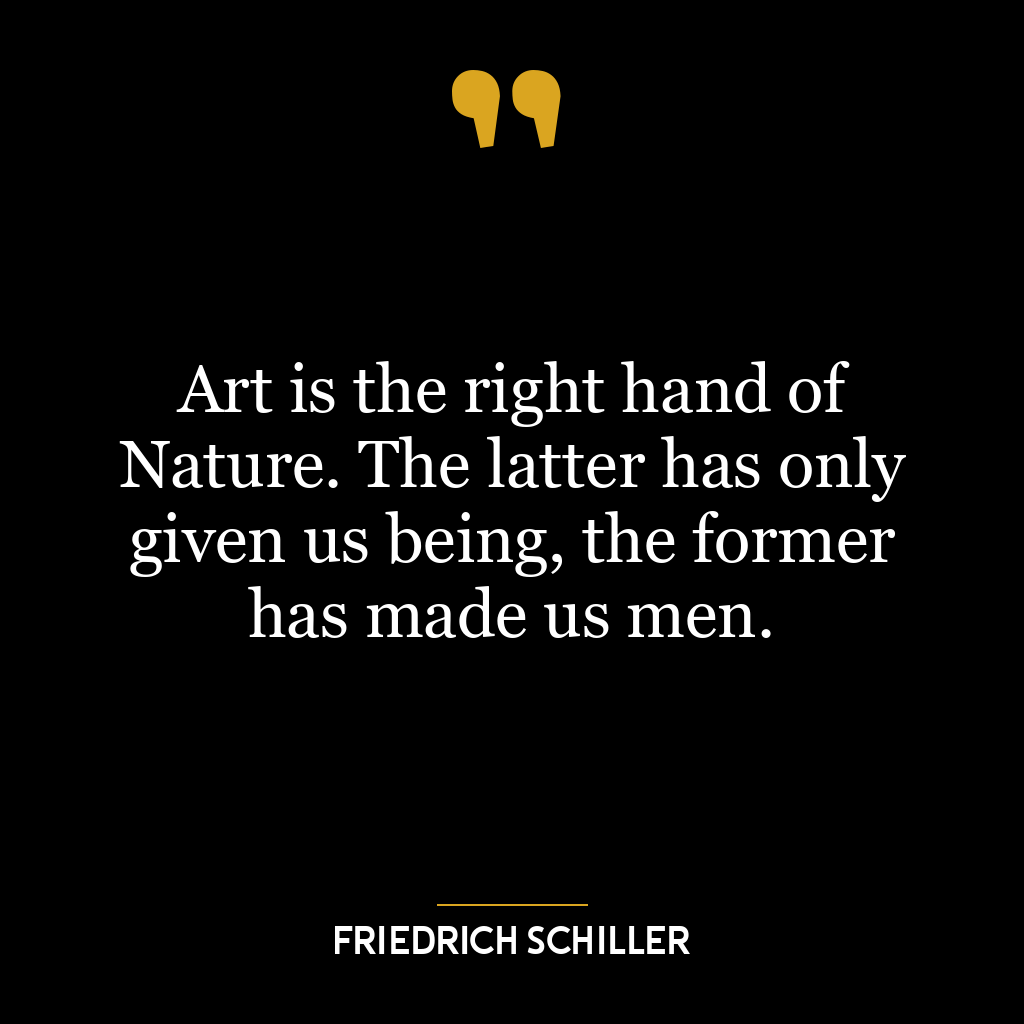This quote emphasizes the high value and sacredness placed upon the act of healing and promoting health. It suggests that by helping others achieve good health, we are emulating the gods’ benevolence and power. The association with gods here is significant as it denotes the highest form of goodness, compassion, and capability.
The quote can be interpreted in two ways. First, it can be seen as a tribute to those in the medical profession – doctors, nurses, therapists, and others – who dedicate their lives to maintaining and restoring health. Their work is, in a sense, divine, as they are often the difference between life and death, pain and relief, despair and hope.
Secondly, it can be applied to anyone who contributes to the health and well-being of others, even outside of a professional context. This could be through acts of kindness, promoting healthy habits, or creating environments that foster physical, mental, and emotional well-being.
In today’s world, this quote is especially relevant given the global health crisis. Those working tirelessly to combat diseases, develop vaccines, and care for the sick are indeed approaching the god-like act of giving health.
On a personal development level, this quote can inspire us to prioritize our health and the health of others. It encourages us to see the act of promoting health not just as a responsibility, but as a noble and divine endeavor. This can be achieved through various ways such as maintaining a balanced diet, regular exercise, mental health care, and helping others achieve the same.
Furthermore, it reminds us of the interconnectedness of our health. In giving health to others, we are not only enhancing their lives but also enriching our own. We are contributing to a healthier, happier society, and in doing so, we are elevating ourselves, approaching the divine in the process.








